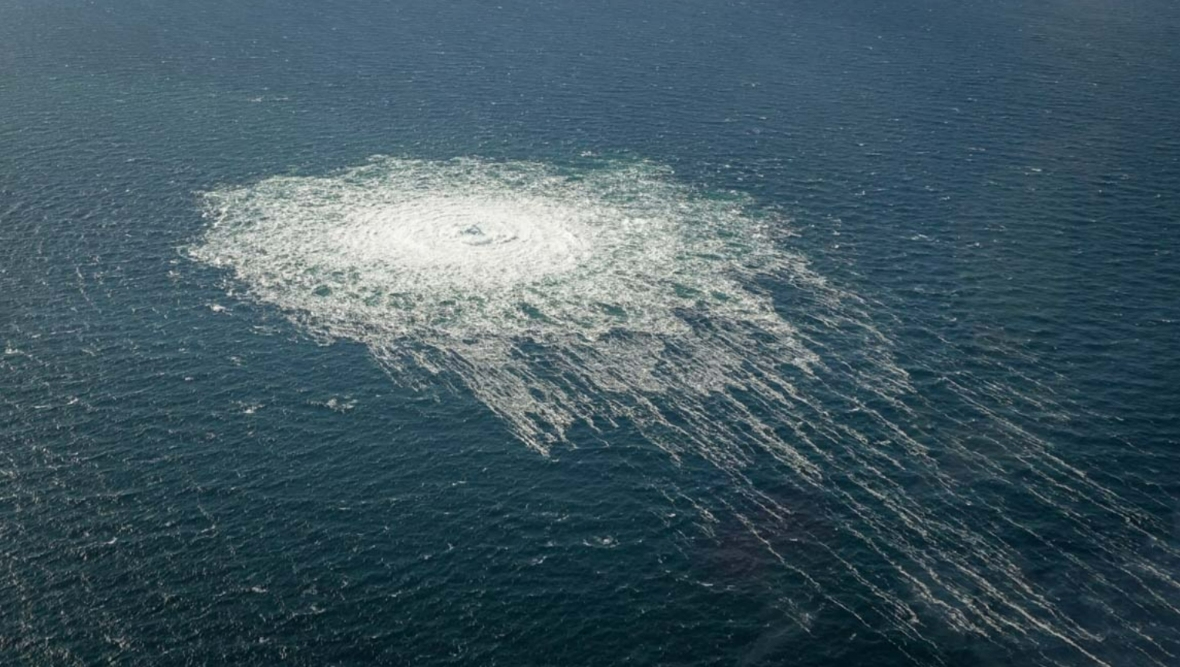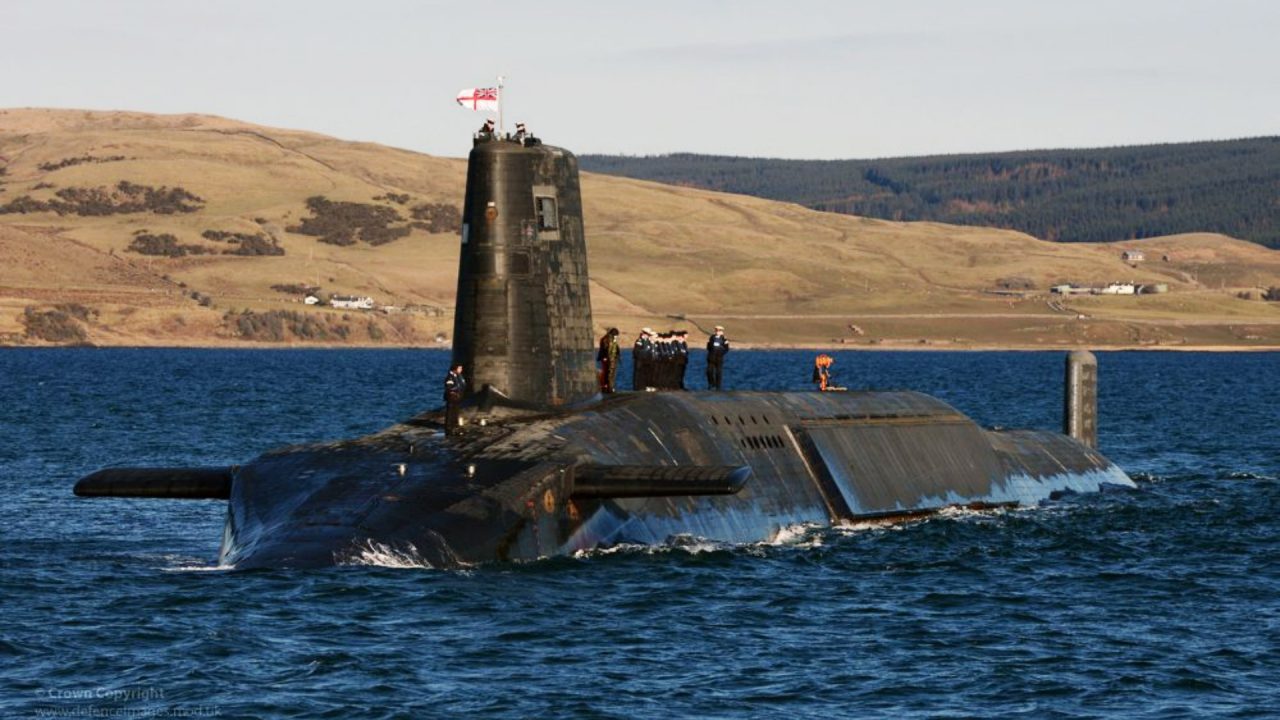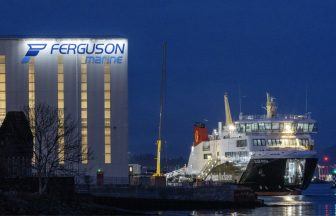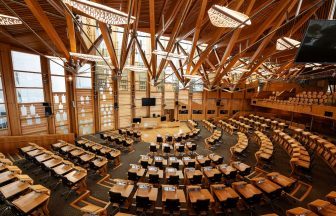There would be “serious implications” for the UK if its nuclear weapons were removed from Scotland, a Westminster committee chaired by an SNP MP has said.
The Scottish Affairs Committee, which is led by Pete Wishart, said taking away Trident would have consequences for NATO.
The SNP’s official party policy calls for the removal of missiles, which are based on Faslane in Helensburgh.
Speaking about Trident previously, Wishart said, “I object to these weapons of mass destruction defiling my beautiful country” and said it was a red line for his party.
But a new report by the committee he sits on notes the impact removing the weapons may have on the wider region.
It said: “Whilst not all members of the committee support this view (of maintaining Trident), we do recognise the serious implications for the UK and Nato should the nuclear fleet ever be removed from Faslane.”
 UK Parliament
UK ParliamentThe cross-party committee also calls for the UK to reassess its defence presence in Scotland in light of new threats in the most northerly part of the globe.
MPs said a strategy for protecting offshore infrastructure is needed in the wake of the Nord Stream sabotage.
The group called for clarity on how the military presence could be scaled up in response to potential future threats in the Arctic and the strategically important Greenland-Iceland-UK gap (GIUK).
The Faslane naval base’s role in policing the gap was said to be “critical”.
As well as an increased Russian presence, China is taking a growing interest in Arctic politics and climate change is leading to new trade routes opening in the High North, which is loosely defined as the Arctic region and the seas surrounding it, including part of the North Atlantic.
Andrew Dorman, a professor of international security at King’s College London, also told the MPs the RAF would require more Typhoon and F-35B fighters if there were a serious escalation in the region.
The report said: “The UK Government told us that repair of subsea cables was a matter for the cables’ commercial owners; we are concerned that the UK Government did not have more to say about how such important infrastructure could be repaired in the event of sabotage or failure.
“The UK Government should produce and publish a strategy for protecting offshore infrastructure.”
 The Danish Defence
The Danish DefenceWishart said Scotland had a “fundamental” role in the defence of the region.
He said: “During our inquiry we heard widespread agreement that the Arctic is of growing strategic importance and maintaining a well-maintained and resourced military capability is essential to meet the UK’s defence interests.
“Because of its geography Scotland is home to a number of the UK’s strategic military assets and in our report we call on the UK Government to look at how the defence presence in Scotland could be scaled up if required to meet future threats if required.
“We are also calling for a review of the UK’s cold-weather capabilities.
“We also looked at the opportunities and threats that may emerge because of climate change in the Arctic and the High North.
“Emerging trade routes and the responsibility of protecting offshore and subsea infrastructure are likely to become emerging priorities in a fast-changing environment.”
A Ministry of Defence spokesman said: “This report rightly highlights Scotland’s crucial role in bolstering security in the North Atlantic and High North regions, with the UK’s nuclear deterrent based at Faslane, Typhoon quick reaction alert aircraft and Poseidon P8-A maritime patrol aircraft both based at RAF Lossiemouth and 45 Commando, with their cold-weather operations expertise in Arbroath.
“Our refreshed defence command paper highlights the growing strategic importance of the North Atlantic and High North, as well as the UK’s contribution to security in the region including through our bilateral relationships and through NATO and the Joint Expeditionary Force.
“Defence continues to invest in the capabilities needed to deliver security in the region, such as our new Anti-Submarine Warfare frigates and Multi-Role Ocean Surveillance ships.”
Follow STV News on WhatsApp
Scan the QR code on your mobile device for all the latest news from around the country


 MOD/Sergeant Tom Robinson RLC
MOD/Sergeant Tom Robinson RLC























